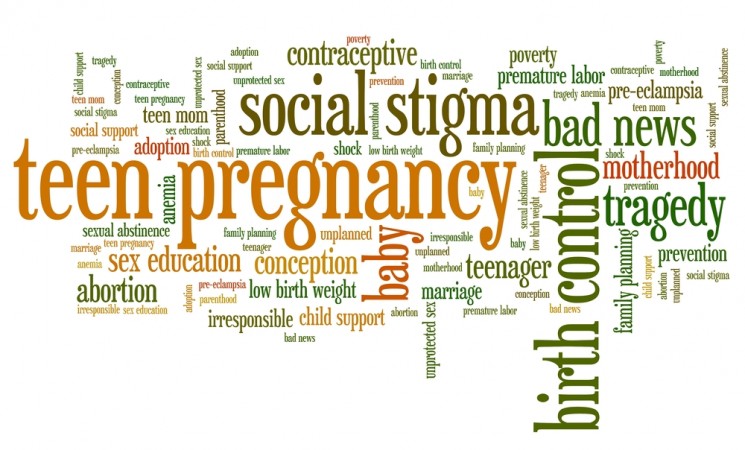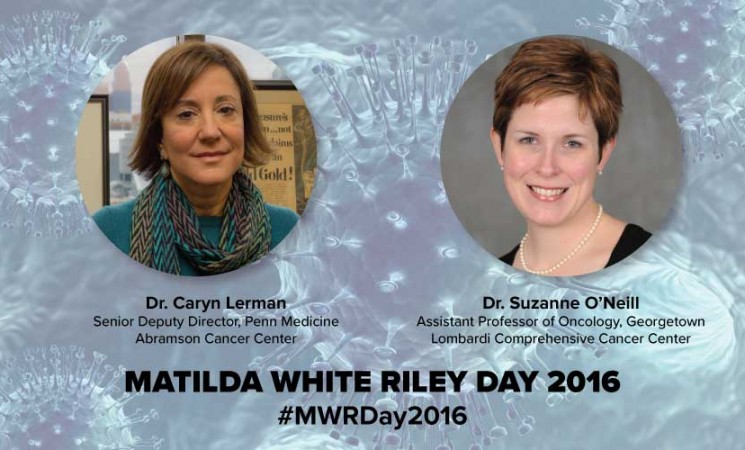Archived Content
This page is archived and provided for historical reference. The content is no longer being updated, and some of the information may have changed over time and could be outdated or inaccurate.
Understanding how social norms shape health behaviors: The case of teen pregnancy
By Stefanie Mollborn, Ph.D. Research on health behavior and health policy is focusing increasingly on cultural influences. For example, the Robert Wood Johnson Foundation’s 2015 annual theme was building a culture of health ...
Staying connected with friends and family can aid in recovery from severe mobility limitation
By Kenzie Latham, Ph.D. Mobility limitation (i.e., difficulty walking, climbing, or standing) is one of the most common forms of functional impairment among older adults. Mobility limitation is associated with higher rates of death ...
How the built environment affects health: Baltimore case studies
Imagine a city. Is it a thriving metropolis with clean and occupied residential areas? Are people leisurely strolling through the neighborhood park? Or is it a concrete jungle with abandoned houses, boarded up businesses ...
Dispelling myths about juvenile gang members in the United States
By David Pyrooz, Ph.D. Gangs evoke clear images of certain people, places, and activities—racial and ethnic minority boys, prisons and inner cities, and health risk behaviors ...
Voices of emerging leaders in BSSR: Matilda White Riley 2016 ESI Honorees
By William Elwood, Ph.D. Matilda White Riley, Ph.D. (1911–2004), was an academic and human force of nature whose legacy endures in the fields of communication, human development, interpersonal and intergenerational relationships ...
Childhood peer networks: Genetic influences and links with early mental health trajectories
By Eszter Szekely, Ph.D. Peer relationships are important for children’s mental health. Yet, little is known about the factors that shape them. Children tend to organize into networks, which represent how they are connected to each other ...
Specific language in tweets predicts HIV prevalence
Future-oriented behaviors, including planning for the future and seeking long-term rewards, are associated with higher levels of health and well-being. Such behaviors are also associated with less impulsivity, addictive behavior ...
It is my honor to honor … Drs. Matilda White Riley and Caryn Lerman
Each year, the Office of Behavioral and Social Sciences Research pays tribute to the influence of Dr. Matilda White Riley (1911–2004) in the behavioral and social sciences at the NIH, as she was instrumental in the coordination and advancement ...
Female scientists following others’ footsteps, leaving their own
By Isabel M. Estrada-Portales, Ph.D., M.S. Discoveries in neuroscience and prevention for improved health outcomes “All of this work, my work, flows directly from Caryn’s work,” says Dr. Suzanne O’Neill, assistant professor of oncology at Georgetown University ...
Caryn Lerman: Understanding addiction at the intersection of brain, cognition, and behavior
By Wendy Anson, Ph.D. “I had a big ‘AHA’ moment in the ’90s when we wanted to see if giving people genetic feedback about their risk for lung cancer would increase their ability to quit smoking,” said Dr. Caryn Lerman ...


















